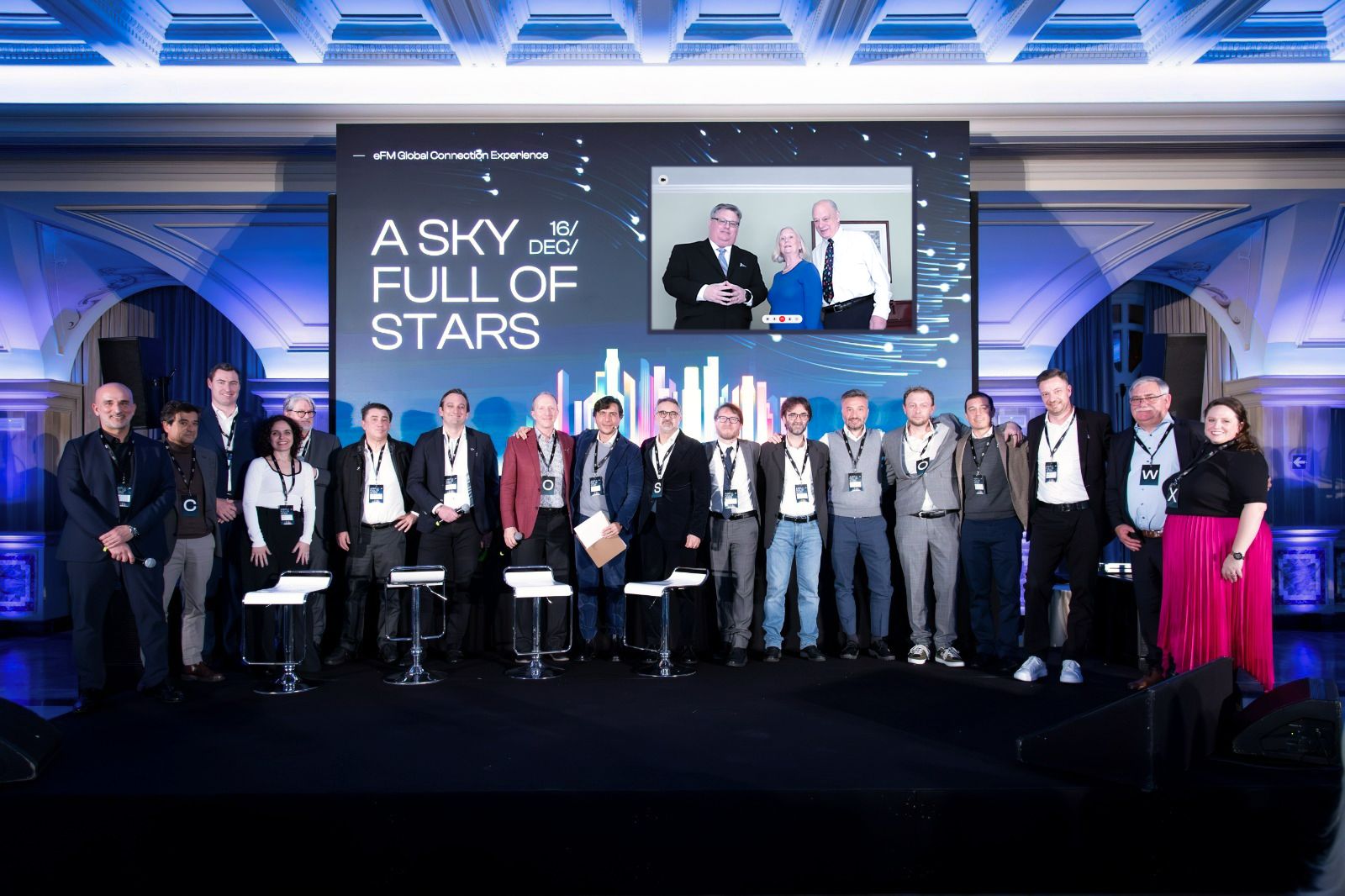ESG and the Future of Real Estate: Optimisation and Innovation
Rethinking buildings: the future of Real Estate between digitalisation and sustainability
We live in an era of unprecedented transformation, in which the very concept of buildings is changing radically. They are no longer mere physical structures, but dynamic ecosystems, able to connect, evolve and adapt to the needs of their occupants. As the art of Maurits Cornelis Escher teaches us, reality can be seen from different perspectives, and today's challenge is to rethink spaces in an intelligent and sustainable way.
The Real Estate industry at a turning point
According to the eFM Observatory, more than 40 per cent of corporate space in Europe is currently unused. This leads to high costs, inefficient management and a sub-optimal environmental impact. But the problem goes beyond simple inefficiency: by 2030, 80% of office buildings in major Western European cities are at risk of becoming obsolete (source: Cushman & Wakefield). The main causes? Increasingly stringent environmental regulations and a growing demand for more efficient and sustainable space.
The European Union's Fit for 55 programme has set clear targets: all new buildings must be zero-emissions by 2030 and existing ones must comply by 2050. This means that the transformation of real estate is no longer just a strategic choice, but a necessity to remain competitive.
At the same time, the nature of work is changing rapidly. Hybrid and remote working is no longer the exception, but the new normal:
In 2023, 22% of European employees worked remotely, of which 9% regularly and 13% occasionally.
- The dominant model today is hybrid work, with 44% of European employees alternating between office and remote work.
- By 2025, a further 5% increase in remote workers is expected, adding 3.75 million people to flexible working models.
Digitalisation offers a concrete solution to these changes, turning buildings into strategic tools for business competitiveness. The key to change lies in the adoption of innovative models of real estate asset management and optimisation.
eFM: driving change through digitalisation
With over 190 million square metres of assets under management worldwide, eFM is positioned as a leader in real estate optimisation. Our mission is to guide companies and institutions through this transition by providing technological solutions that make buildings more efficient, sustainable and adaptable to new ways of working.
We have developed innovative models such as Hubquarter, designed to adapt to the needs of the post-pandemic world. The Hubquarter model has already had a significant impact:
- 40% reduction in real estate operating costs,
- 40% reduction in CO2 emissions through optimised mobility,
- Up to 40% increase in employee engagement,
- Up to 85% increase in knowledge sharing.
We also created MySpot, the first Experience-as-a-Service platform recognised by Gartner as a Cool Vendor. Thanks to Digital Asset Governance, we use Digital Twin, Smart Contracts and AI to provide instant control over building performance
With Myspot, user companies can:
- reduce service costs by 30% while improving quality,
- decrease coordination time between service providers by 80%,
- increase operational efficiency by 50 times through AI-based automation.
Myspot overcomes traditional contractual rigidities by customising space utilisation experiences and providing instant ESG parameter control over services delivered.
ESG and Competitiveness: The Value of Data in Real Estate
Building optimization is not only about improving efficiency but also about meeting ESG (Environmental, Social, Governance) standards. Today, those who can measure and optimize their assets gain tangible advantages: buildings with better ESG ratings attract investments, improve access to financing and reduce operational costs.
At the recent event "Creating Value: Driving ESG Innovation in Real Estate" in Amsterdam, organized by Real Asset Media, eFM and Blue Module presented the RIO (Report, Insight, Optimization) method, an innovative approach to measure and optimize real estate assets based on verifiable ESG parameters. As industry experts pointed out, simply claiming to be sustainable is not enough: it must be demonstrated with reliable data, and technology must be used to continuously improve performance.
The Future of Real Estate is Now
Rethinking buildings means transforming them into smarter, more efficient, and sustainable spaces. Digitalization and ESG optimization are no longer optional, but a requirement to remain competitive in a rapidly evolving market.
eFM is committed to shaping the future of Real Estate by collaborating with partners and clients. Change is already underway: it's time to measure, optimize and create value.
If you want to discover how to improve the efficiency of your buildings, contact us to learn more!


.png)
.png)
